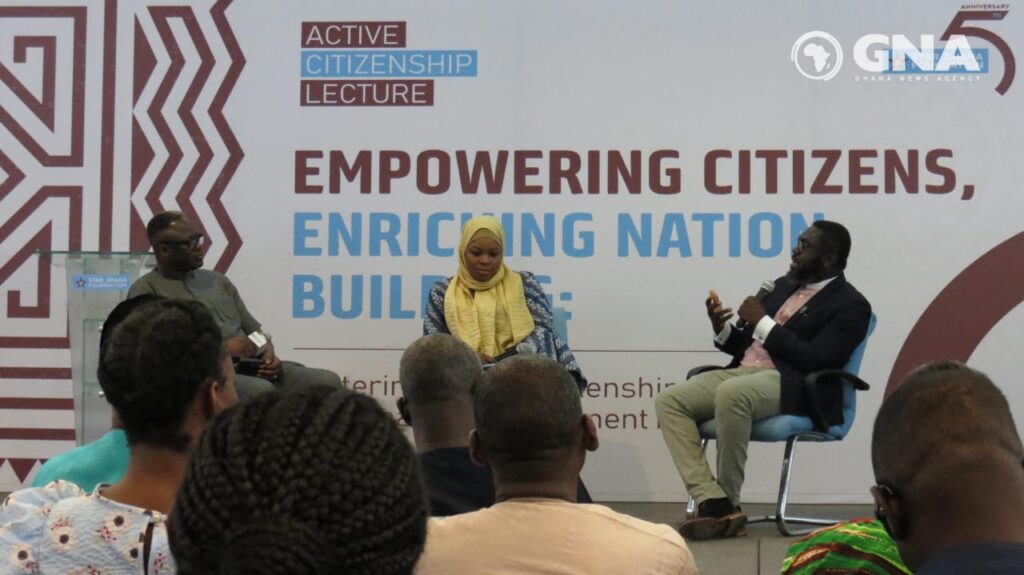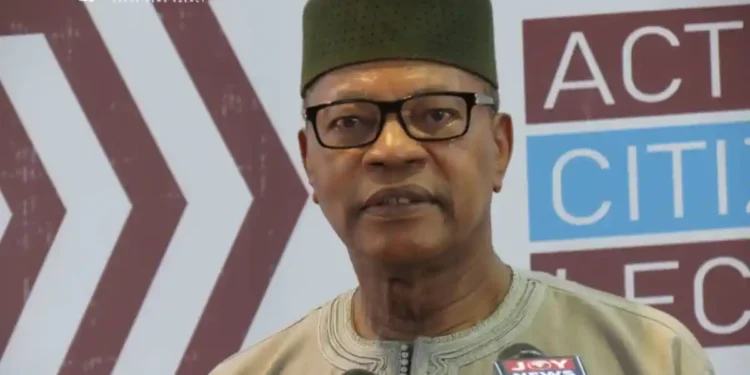“Ghana is yet to fully harness the potential of democracy as a catalyst for sustainable national development,” emphasized Dr. Mohamed Ibn Chambas, former United Nations Envoy to West Africa and the Sahel Region.
He made this assertion at the 3rd Active Citizenship Dialogue organized by STAR Ghana Foundation, where he addressed the theme “Empowering Citizens, Enriching Nation Building: Fostering Active Citizenship for Sustainable Development in Ghana.”
Despite Ghana's democratic progress, Chambas identified a set of challenges that the nation still faces, ranging from historical issues to contemporary challenges.
He posed critical questions about poverty rates, escalating national debt, and the perceived absence of dividends from democracy.
“Why does our food security hang in the balance due to events in faraway places like Russia and Ukraine? What has led to the precarious state of our healthcare and education systems? And where is the accessibility to decent housing and other social amenities?” Mr Chambas questioned, highlighting the need to address the complexities of good governance and fight for more just international economic systems.
“The socio-economic implications of the lapses in governance in Ghana and unfair international trade are easily reflected in the declining quality of life, the pervasive presence of corruption, the prevalence of situations threatening the rule of law, a divisive political context, state capture, and the deficit in visionary leadership,” he elaborated.
Dr Chambas referred to evidence suggesting that progress attained in the past two decades is now “encountering imminent challenges.”
Citing sources such as the Mo Ibrahim Index of African Governance and Transparency International's Corruption Perception Index, he emphasized the need for active citizenship as a crucial tool to confront challenges.
“A capable state has a pivotal responsibility to actively empower its citizens to engage in active citizenship as that, among others, would help in finding solutions to the development challenges,” said Chambas.
He stressed that this doesn't diminish the critical role of the state and elected governments but highlights the importance of citizens working hand in hand with the government for inclusive and equitable development.

The panel, featuring journalist Ms Shamima Muslim and lawyer Mr Oliver Barker-Vormawor, discussed education's role in bridging gender gaps and building inclusive societies.
Mr Barker-Vormawor called for a support mechanism to ensure the safety of those engaging in active citizenship, emphasizing the need for inclusive participation to achieve a better country for all.



















